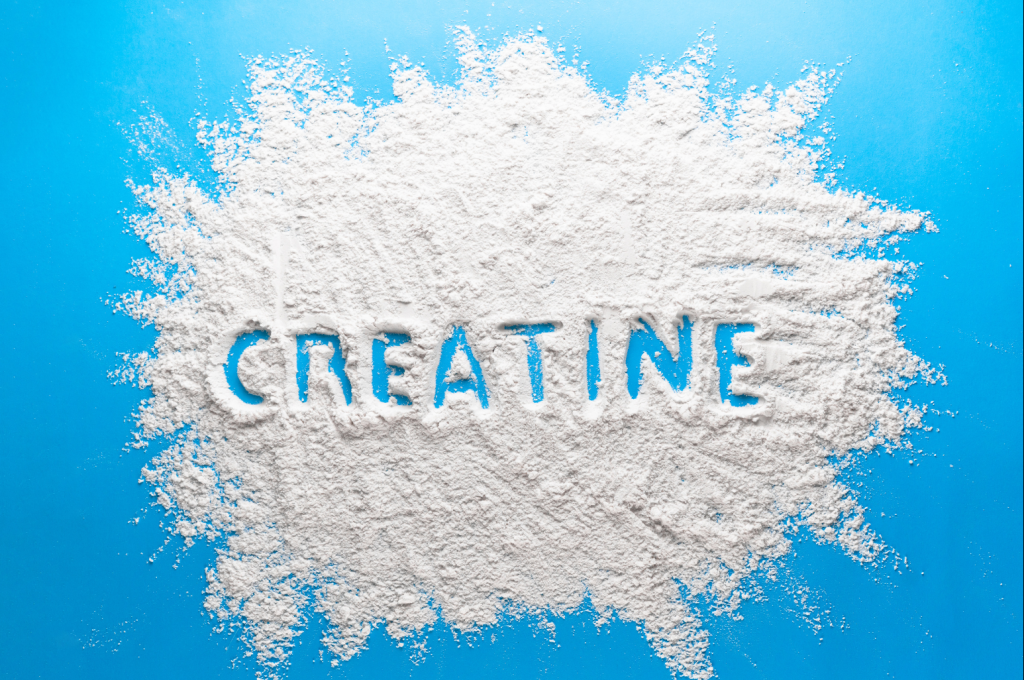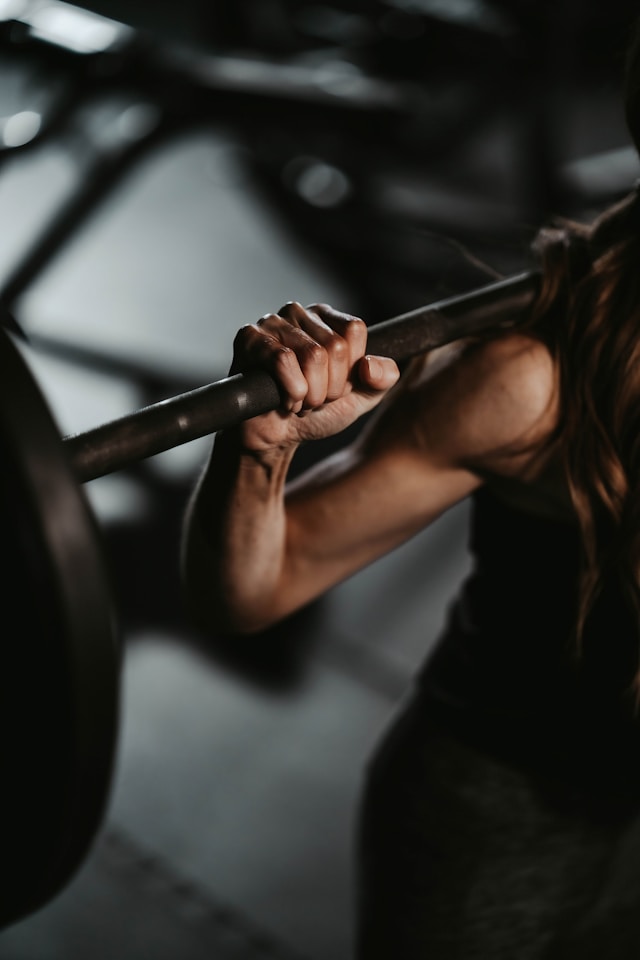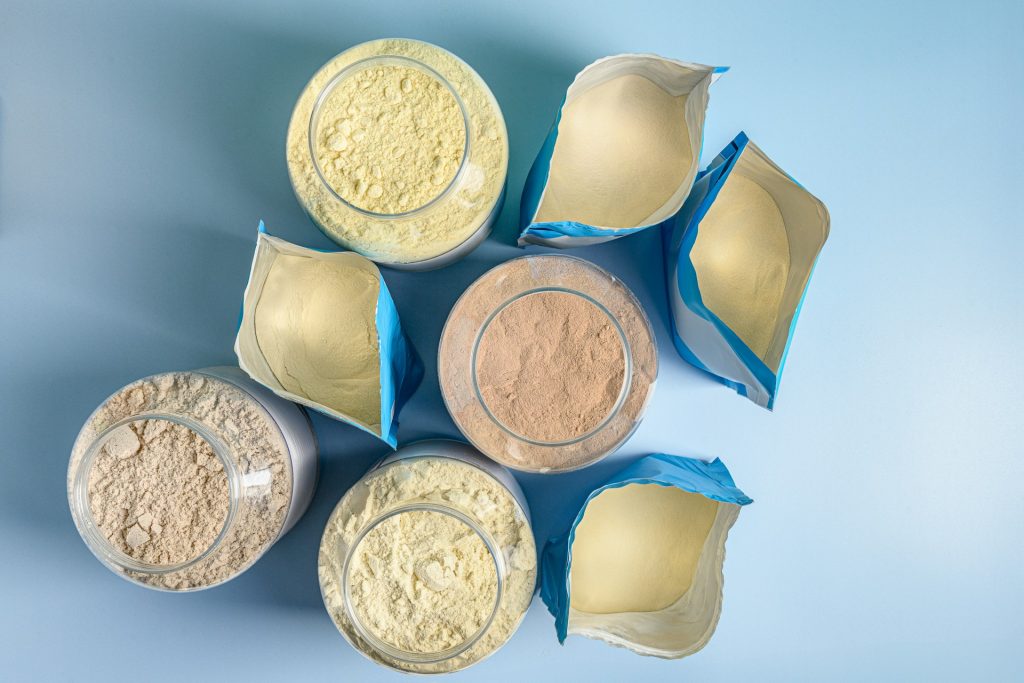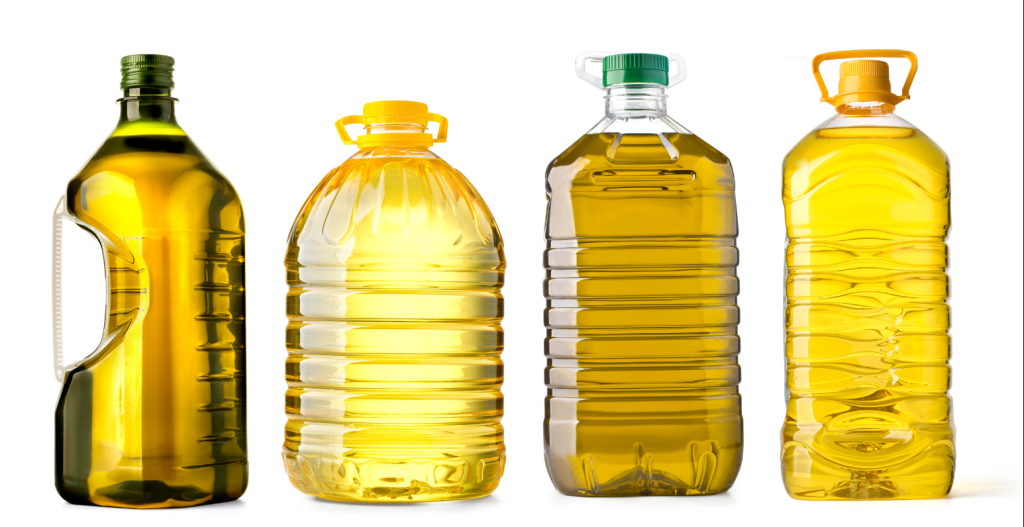Research is investigating how creatine benefits strength in perimenopause with particular emphasis on optimizing muscle strength, body composition and dosing strategies in active women.
Creatine supplements improve strength and exercise performance in young active women, but does it have similar benefits for active perimenopausal women?
There is some evidence that when combined with resistance training, post-menopausal women may benefit from a loading dose of creatine to build muscle size and strength and possibly bone.
Early studies show positive effects from creatine supplementation on cognition and mood, in sleep-deprived individuals. Creatine supplementation may be even more effective for females by supporting a pro-energetic environment in the brain.
What Happens to Muscle in Perimenopause?
When estrogen levels drop during perimenopause we see a tandem drop in women’s muscle mass and bone density. Estrogen is a powerful muscle and bone builder in women and experts believe that perimenopause presents an opportunity to prevent a drop in muscle. Strength training, optimal protein intake and perhaps even creatine supplementation may help prevent the muscle loss that accompanies lower estrogen levels in perimenopause.
Estrogen is our muscle-building hormone, so we lose muscle in perimenopause when estrogen levels drop.
What is Creatine?
Creatine is a type of protein naturally produced in the body and found in small amounts in meat and seafood. Creatine is stored in our muscles as phosphocreatine, an energy source that produces ATP. This type of energy is used during high-intensity explosive exercises such as sprinting.
As a supplement, creatine can help build muscle strength and boost athletic performance. New research is showing the physical and cognitive benefits of creatine supplementation in women through peri and postmenopause.
Women Have Lower Creatine Levels than Men
Women have 70–80% lower creatine stores than men [3] and consume less creatine in our diets than men.
Women have 70-80% lower creatine stores than men.
Creatine kinase levels are highest during menstruation in women, when estradiol levels are highest. Creatine levels seem to shadow estrogen concentrations: women have lower creatine levels during the follicular phase, amenorrhea, and pregnancy when estradiol is lowest. Likewise, levels of creatine are lowest in women postmenopause.
Creatine levels are at their lowest in women postmenopause.
Creatine supplementation raises the levels of phosphocreatine (PCr) in our muscles and to a lesser extent, our brain.
Creatine supplementation raises creatine levels in our muscles.

Does Creatine Improve Performance?
Creatine supplementation improves performance for short bursts of high-intensity exercise with short rest periods such as jumping, sprinting, and resistance training. There is also strong evidence that creatine increases strength, power, and athletic performance in both trained and untrained women. A lot of the benefits seen in studies are from strength training, but there does seem to be an additional benefit when you add creatine to the mix.
Creatine helps explosive power, strength and sprints.
How does Creatine Help?
Creatine supplements raise stores of phosphocreatine (PCr) in the muscles, which improves anaerobic working capacity. Higher PCr levels in the muscle allow us to train at a higher intensity and improve our recovery after each burst of power. When we train at higher intensity over time, we get greater adaptations that lead to increases in muscle mass, strength and hypertrophy [23].
Creatine helps you train harder, which makes you stronger.
Does Creatine Benefit Strength in Perimenopause?
Creatine helps women build muscle mass and strength, without any impact on their weight or body fat. In fact, Vandenberghe et al. [26] showed that creatine supplementation helped women build more muscle while doing strength training, compared to women who trained with a placebo. Creatine even helped maintain strength when women stopped training, without any significant effects on body weight or percent body fat.
Creatine helps women build muscle while training and it even helps keep your strength if you stop training.
Does Creatine Benefit Strength Postmenopause?
The menopausal related decrease in estrogen is a main contributing factor to the age-related loss in muscle and bone mass [59] and strength. Creatine supplementation has been shown to act as a possible countermeasure to the menopausal related decrease in muscle and strength. Creatine Supplementation in Women’s Health: A Lifespan Perspective
Creatine helps postmenopausal women to maintain muscle and strength.
Does Creatine Build Bone Post Menopause?
Scientists have tested whether creatine can improve bone density in post-menopausal females. Early studies have not shown any improvement in bone mass with creatine supplementation, with or without strength training.
Creatine does not impact bone density in post menopausal women.
However, when combined with resistance training, creatine does improve muscle mass, strength and tasks of physical performance in post-menopausal females. Importantly, improvement in strength, particularly the ability to move from sit to stand is a good predictor for risk of falls.
Creatine can help you get stronger and reduce your risk of falls or fractures.
Does Creatine Work for Everyone?
Creatine research reports that some individuals are “non-responders” and do not show any benefit to creatine supplements. We cannot predict who is a “non-responder” and “responder” to creatine.
Individuals have different baseline stores of creatine and individuals with naturally lower levels of creatine in their bodies have more potential to benefit from creatine supplementation [32].
Finally, a sufficient training volume is needed to produce the benefits of creatine on muscles.
Does Creatine Make Women Gain Weight?
Contrary to popular belief, creatine supplements do not make women gain weight or body fat [5,19,20,21]. Some water weight gain has been observed in men after a loading dose [22]. It is possible that weight gain results from the common practice of adding 1g/kg carbohydrate with the creatine dose [17]. This is not the best strategy for supplementation in women.
The potential for adverse effects from creatine supplementation are largely unfounded. Creatine is a safe, low-risk supplement for active perimenopausal women.
Creatine Dose and Timing Postmenopause
Creatine Dose Postmenopause
According to a 2021 review of creatine studies on women, postmenopausal women benefit from a loading dose of 20g of creatine per day (take 5g four times a day) for 7 days and then followed by a maintenance dose of 5g daily to improve their muscle mass, strength and function. They observed that low dose creatine supplementation is not effective in women postmenopause.
Postmenopausal women take 20g creatine per day (take 5g four times a day) for 7 days, followed by 5g/day.
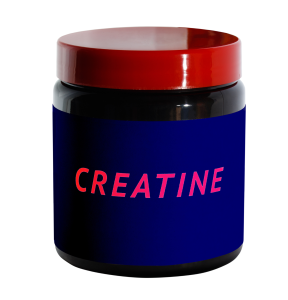
Creatine Dose Premenopause
The standard dose that seems to be effective in young men and women is 5g per day over 4 weeks.
Premenopausal women and men take just 5g creatine per day for 4 weeks.
Creatine Dose for Cognitive Benefits
Interestingly, it takes an even higher dose of creatine to raise the creatine levels in the brain. To achieve brain function benefits, a loading phase of 20 g/day for 7 days followed by 5–10 g/day of creatine are recommended. [Creatine for Treatment of Depression]
For clinical depression, take 20g creatine per day (take 5g four times a day) for 7 days followed by 5-10g/day.
Take Creatine with Meals
Typically, creatine is taken in 5g servings four times per day. Muscle creatine levels go up faster when it is taken with food (Steenge et al.), compared to on an empty stomach. Food tends to spike the insulin, which improves creatine uptake. However, in peri-menopausal females, the additional calories from added snacks and a surge in insulin levels, may not be warranted. A better strategy is for women to ingest creatine with a usual meal or add it to a protein shake, to take advantage of existing insulin timing.
Take creatine with a usual meal when your insulin peaks.
Creatine Helps Brain Function under Sleep Deprivation
Creatine supplementation improves mood and cognition in individuals who are mentally or physically stressed. For example, creatine supplementation improves mental capacity under sleep deprivation [96]. Creatine essentially improves cognitive performance and brain function and reduces mental fatigue during stressful mental tasks [94]. Given that perimenopausal women often experience disrupted sleep and brain fog, creatine supplementation may be beneficial during these periods of high stress and sleep deprivation.
Creatine can improve brain function during sleep deprivation.
There is a potential for creatine supplementation to improve cognitive processing, especially in conditions with brain creatine deficits, which could be induced by stressors (e.g., exercise, sleep deprivation) or depression.
Does Creatine Help General Mood?
Studies show that creatine does not affect mood, cognitive performance or depression in post-menopausal women who do not have clinical depression. Interestingly, strength training does help improve mood in post-menopausal women who do not have clinical depression.
Creatine does not help your mood, but strength training does!
Creatine Helps Mood in those with Depression
Individuals with depression tend to have low levels of creatine and tend to improve their mood with creatine supplementation. Many studies have found that creatine supplementation for 8 weeks reduced depressive symptoms in women with major depression when starting an SSRI antidepressant. [86,87,88 ] [Effects of Creatine Supplementation on Brain Function and Health]
Creatine is helpful alongside antidepressants, in treating major depression.
Bottom Line
Perimenopause is a time of disrupted sleep, mood changes and body comp changes. When combined with strength training, taking creatine can help improve your muscle strength and fitness through the perimenopause transition. Remember, the most impressive results on muscle strength and mass are seen from weight training itself – and creatine seems to help you get through the workout.
Want personalized advice on your nutrition and supplements during perimenopause? Work with a sport dietitian to guide you through the perimenopause transition. Book a consultation with one of our expert dietitians today!
For more about how much protein you need, read my article How Much Protein You Need During Perimenopause.
If you are struggling to manage weight gain in perimenopause, check out Top Five Strategies to Fight Menopause Weight Gain. Want to know how to balance your plate? Read about the healthy plate method.
FAQ:
Does Creatine Make You Gain Weight?
Contrary to popular belief, many studies have measured that creatine supplements do not make women gain weight or body fat [5,19,20,21]. The potential for water weight gain from creatine supplementation may come from taking additional carbohydrates with the creatine dose.
More References:
International society of sports nutrition position stand: nutritional concerns of the female athlete
AIS Sports Supplement Framework Creatine Monohydrate
The Ergogenic Effects of Supplemental Nutritional Aids on Anaerobic Performance in Female Athletes
Dietary creatine intake and depression risk among U.S. adults

